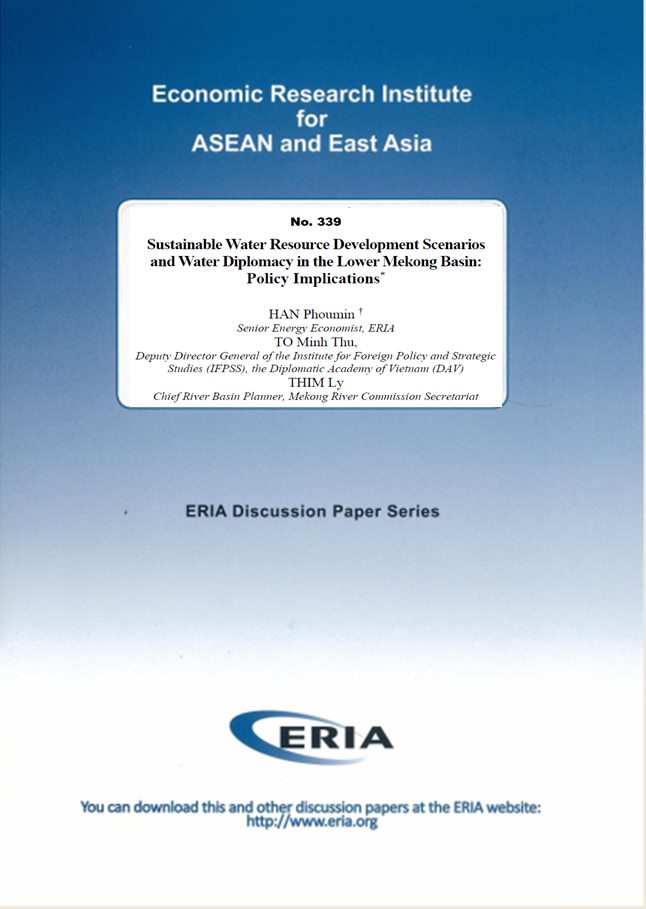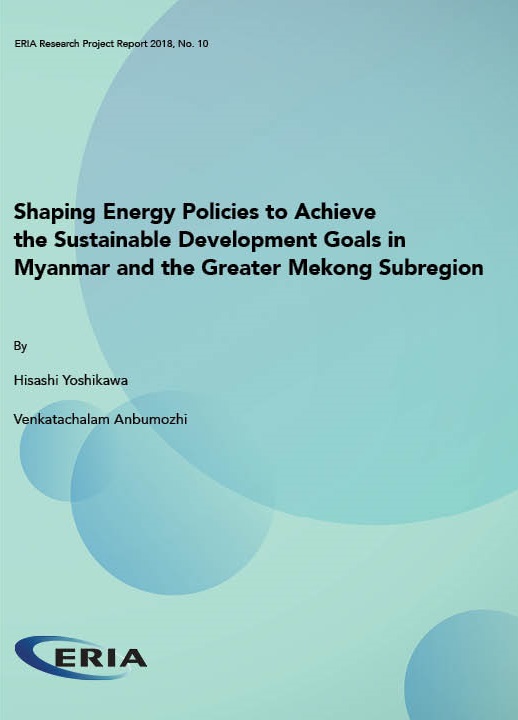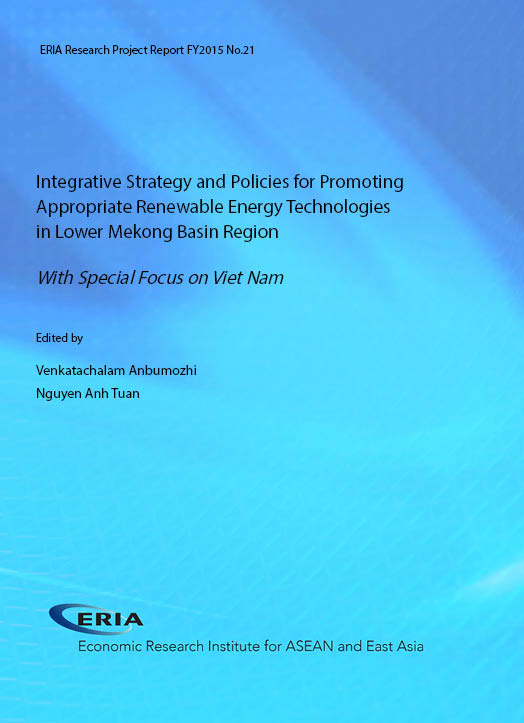Sustainable Water Resource Development Scenarios and Water Diplomacy in the Lower Mekong Basin: Policy Implications

Date:
23 September 2020Category:
Cambodia, Lao PDR, Myanmar, Thailand, Viet Nam, Connectivity, Energy, Environment and Climate ChangeType:
Discussion PapersTags:
Water Resource Development Scenarios, Water Diplomacy, Sustainable Development, Integrated Water Resource Development, Lower Mekong BasinPrint Article:
This paper uses the current results of the Basin-wide water resource development scenario assessment of the Council Study of the Mekong River Commission Secretariat (MRCS) to analyse potentials benefits for economic development to meet the ambitious goal of the riparian states of the Lower Mekong Basin (LMB) countries for poverty reduction and, at the same time, analyse the risks of potential trans-boundary trade-off, which will require an appropriate mechanism to be in place. The scenario assessment results present both opportunities and risks associated with different levels of water resource development in the Mekong countries and the implications of the water diplomacy for both the lower and uper mekong basin. All scenarios could be broadly placed into three main categories with different timeframes and assumptions. Scenario M1 – the early development scenario – characterises baseline water resource developments in 2007; Scenario M2 – the medium-term definite future scenario – characterises existing, under-construction, and firmly-committed water related developments in 2020; and Scenario M3 – the long-term planned development scenario – characterises the planned water developments in 2040 in addition to those assigned for 2020 for implementation over the following 2 decades. The main scenarios aggregate combinations of water resource developments enabling the cumulative assessment of environmental, social, and economic effects in the Member Countries. The Scenarios will bring both economic opportunities in terms of benefits from water resource development as well as risks related to biodiversity changes, the environmental damages and losses of livelihoods, and the dependency on the natural resources of the Mekong River. Each of the scenario results presents the trans-boundary trade-off which requires appropriate skills, capacities of the LMB riparian countries, and water diplomacy to discuss and negotiate for the solutions. Finally, this paper provides some suggestions and policy implications that could be possible mechanisms and solutions for sustainable water resource development in the Mekong region.




